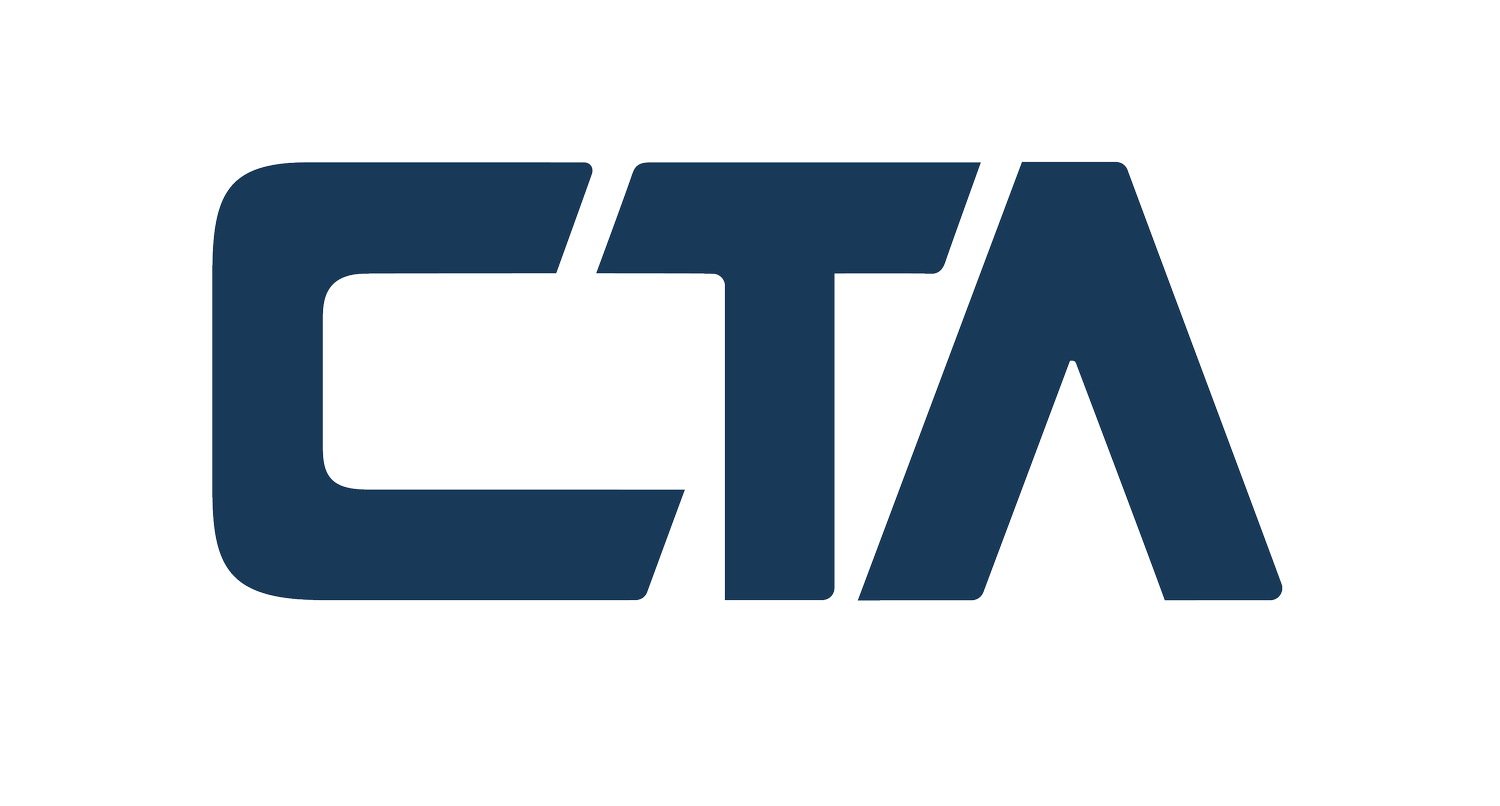In today’s hyper-competitive business environment, every advantage matters. While many companies focus on product innovation, customer service, or marketing, there’s one area where strategic foresight can yield significant rewards: corporate tax planning. Far from being just a compliance obligation, a well-executed tax strategy can serve as a powerful tool to fuel growth, improve profitability, and outpace competitors.
Here’s how your business can leverage corporate tax planning to gain a competitive edge.
1. Optimize Cash Flow with Tax Efficiency
Cash flow is the lifeblood of any business, and tax planning plays a critical role in preserving it. By identifying and utilizing deductions, credits, and incentives available to your industry, you can reduce your tax liability and keep more money in the business. For example, R&D tax credits can significantly offset costs for innovation-focused companies, while depreciation deductions can improve cash flow for asset-heavy businesses.
Strategically reinvesting these savings into your operations can fund expansion, technology upgrades, or workforce development—giving you an edge over competitors who lack such foresight.
2. Leverage Tax Incentives for Growth
Governments around the world offer tax incentives to encourage business growth in specific sectors or regions. Whether it’s green energy credits, tax holidays in economic zones, or hiring incentives for creating jobs in underserved communities, these opportunities can dramatically lower your effective tax rate.
By aligning your business goals with available incentives, you can reduce costs and position your company as an industry leader in innovation and corporate responsibility.
3. Plan for Global Expansion with Smart Structuring
For businesses looking to expand internationally, understanding cross-border tax implications is crucial. Transfer pricing, double taxation agreements, and tax-efficient structuring can make or break your global strategy.
Working with corporate tax advisors who specialize in international tax law ensures you’re not only compliant but also positioned to minimize tax burdens in multiple jurisdictions. This approach can help you price competitively in global markets while maximizing profits.
4. Stay Ahead of Tax Law Changes
Tax codes are constantly evolving, and businesses that adapt quickly can gain a significant advantage. Recent trends, such as increased emphasis on ESG (Environmental, Social, and Governance) initiatives and digital taxation, present both challenges and opportunities.
By proactively monitoring legislative changes and working with tax experts, you can pivot your strategy to capitalize on new incentives or avoid potential pitfalls. Competitors that react slowly to these changes may find themselves at a disadvantage.
5. Enhance Your Reputation Through Strategic Compliance
Today’s consumers and stakeholders value transparency and responsibility. A well-crafted tax strategy that emphasizes compliance and ethical practices can enhance your reputation. Companies that proactively demonstrate their commitment to fair tax practices often gain favor with customers, investors, and regulators.
Strategic compliance can also reduce audit risks and associated penalties, giving you more bandwidth to focus on growth.
6. Integrate Tax Planning with Business Strategy
Tax planning should not be an afterthought; it should be a core component of your overall business strategy. By integrating tax considerations into your decision-making process—from mergers and acquisitions to capital investments—you can ensure your moves are as tax-efficient as they are strategic.
For instance, structuring a deal to maximize tax benefits can significantly enhance its financial viability, enabling you to pursue opportunities that competitors might shy away from due to perceived costs.
7. Partner with Expert Tax Advisors
Navigating the complexities of corporate tax planning requires expertise. Partnering with seasoned corporate tax advisors ensures your business is not only compliant but also taking full advantage of available opportunities. Their insights can help you uncover hidden savings, avoid costly mistakes, and craft a tax strategy tailored to your unique goals.
Conclusion
In the race for competitive advantage, corporate tax planning is a tool that bold businesses cannot afford to overlook. By optimizing cash flow, leveraging incentives, planning for global growth, and staying ahead of tax law changes, you can transform your tax strategy into a driver of success.
Don’t leave your competitive edge to chance. Work with trusted tax experts to unlock the full potential of corporate tax planning and propel your business to new heights.









